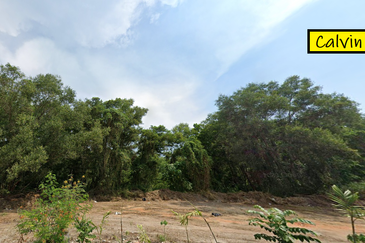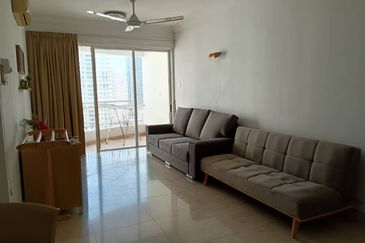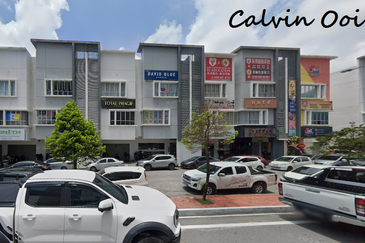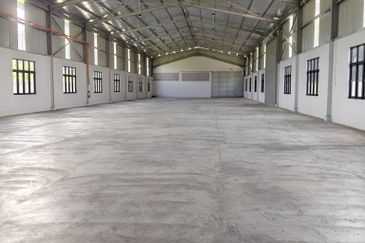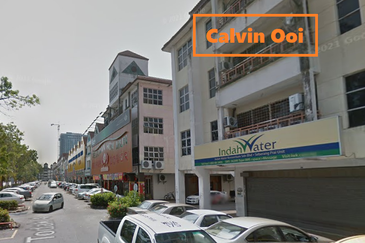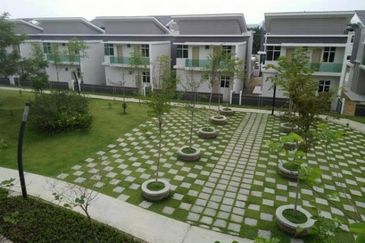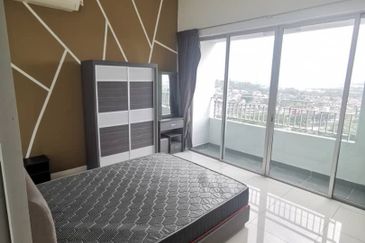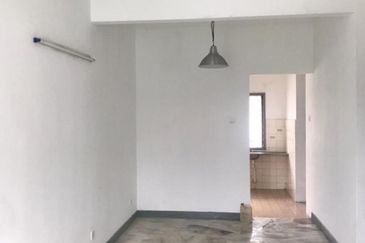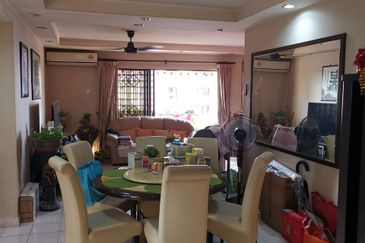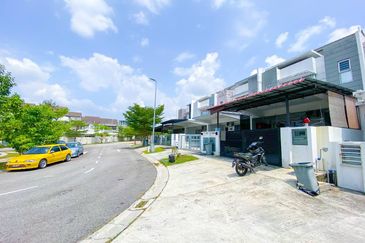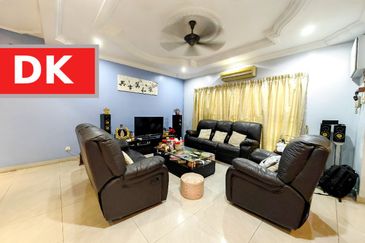![Yeo: We have a lot of biomass [wastes such as] palm oil… what are we waiting for? (EdgeProp.my)](http://dbv47yu57n5vf.cloudfront.net/s3fs-public/editorial/my/2018/October/17/YEOBEEYIN.jpg)
KUALA LUMPUR (Oct 17): Malaysia hopes to spearhead the research and development (R&D) and commercialisation of green packaging and other alternatives for single-use plastics.
To do this, the government will facilitate a green financing model that “makes sense” for investors, said Minister of Energy, Science and Technology and Climate Change, Yeo Bee Yin.
“Malaysia wants to be a stepping stone for companies who seek to invest in developing green packaging,” Yeo said at the launch of the Roadmap Towards Zero Single-Use Plastics 2018-2030 today.
“Malaysia is one of the highest-ranking countries when it comes to issues with plastics pollution… [it also] has a competitive advantage in tackling this problem.
“We must be able to catch this opportunity. We have a lot of biomass [wastes such as] palm oil… what are we waiting for?” she added.
Malaysia has already developed home-grown technical expertise when it comes to green products and waste management, as proven by participants during the launch of the roadmap.
However, many are not commercially viable, partly due to high manufacturing costs and scale of business.
Concurrently, Yeo also hinted on government R&D funds to spur commercialisation of biodegradable packaging and possibly other eco-friendly products.
“Please wait for the Budget 2019 announcement [on Nov 4] for further details on the funds,” she said.
However, Yeo also pointed to the importance of private investments in the sector. “So we want to catalyse growth of ‘green’ capital market in Malaysia. It is important that green financing makes sense for investors,” she said.
Yeo is scheduled to meet investors and bankers to formulate a regulatory framework on green financing and green investments tomorrow (Oct 18).
The bigger picture is to have green business contribute to about 1.5% of Malaysia’s GDP by 2030 or about RM60 billion, from RM8 billion in 2013, she said.
Concurrently, Yeo said the government may soon open up its scientific facilities for rent, as well as allow access to key databases such as remote sensor data, weather data and building data to fast-track R&D in this regard.
The government may also initiate a free researcher matching programme, whereby private companies can source researchers from public institutions for a maximum placement period of three years, with bulk of the placement costs sponsored by the government.
Currently, 78.9% of researchers in Malaysia reside within public universities. “But much of our studies done [were a step shy of becoming commercial].
“Technology remains a buzzword when it is not commercialised… What we want as a developing country is to commercialise as much technology and facilitate as much technological players to do so,” Yeo said.
TOP PICKS BY EDGEPROP

Meridin East The Greenway & The Eden
Pasir Gudang, Johor

M Adora @ Wangsa Melawati
Wangsa Maju, Kuala Lumpur
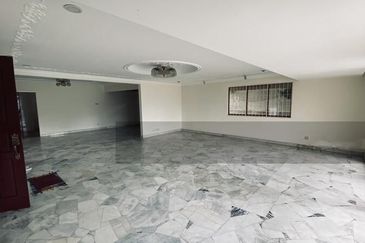
Overseas Union Garden
Taman OUG, Kuala Lumpur




